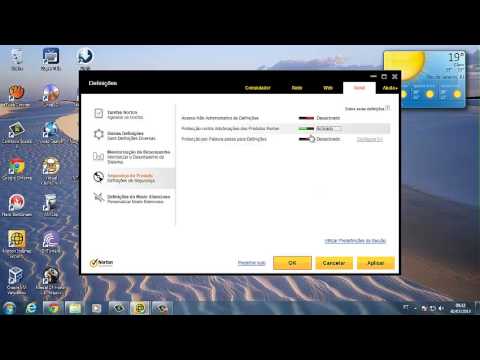Firms told to beef up online habits, cybersecurity awareness
CYBERSECURITY firm Trend Micro has emphasized the pressing need to elevate the online habits and cybersecurity awareness of Filipinos and business organizations amidst the rise of telecommuting and digital services in the country.
With the digital shift in workplaces, daily routines and proliferation of online-based services brought about by the pandemic, Filipinos are becoming more prone to cyber threats and information technology (IT) attacks.
According to the firm’s in-house data for February 2021, it revealed that the Philippines ranked fourth globally and second in Southeast Asia in terms of the number of attempts to access a malicious URL.
Further data show that the Philippines ranked 24th globally and fourth in the region in terms of malware detection.
The banking sector is no exception as the country ranked 14th in banking malware detections on a global scale and third at the regional level.
Email threats are also prevalent in the Philippines with the country being ninth in Southeast Asia and 75th globally. Among common email threats are phishing, emails with malicious attachments, malicious links and spam messages.
According to Trend Micro, these figures prove that Filipinos are more at risk of cybercrimes and threats now more than ever.
Ransomware attacks
Among the cyber threats that individuals and organizations alike should look out for is ransomware, said Trend Micro.
Ransomware is described as malware that locks the system’s screen or user’s files to block access. Access is only provided by the attacker when a ransom is paid.
Experts at Trend Micro warned that from a global perspective, this malware has evolved into becoming targeted ransomware attacks. Cybercriminals will now hit specific companies and industries and use ransomware to get a big payout.
In their 2020 Annual Cybersecurity Report, the firm shared that there is a trend in double-extortion attacks in the previous year. Aside from denying access to systems and files, ransomware operators threaten to expose files and sensitive information if the ransom is not paid.
“Given the risk of public exposure, victim organizations confronted the possibility of reputational damage as well as data…


